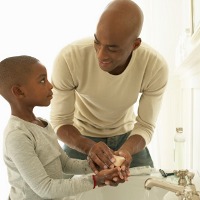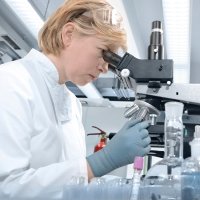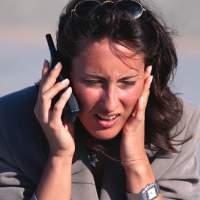 Have a Child Make People More Hygienic, Washing hands is a simple activity but sometimes overlooked. The study reported that people have children is more hygienic than people who do not have children.
Have a Child Make People More Hygienic, Washing hands is a simple activity but sometimes overlooked. The study reported that people have children is more hygienic than people who do not have children.Study in 2010 reported in the American Society for Microbiology found people who have children would be 2 times more hygienic or keep it clean compared to people who do not have children.
Other results reported in this study is only a third of men who wash their hands after the bathroom, and women have high levels of cleanliness or hygiene better than men.
"Washing hands is one of the most important ways to protect themselves from infection," said Yves Longtin, MD, FRCP of Quebec's Universite Laval, as quoted from Menshealth.com, Wednesday (10/26/2011).
Dr. Longtin said that most infection is acquired by touching other people, animals or surfaces that contain harmful microbes. Hands of the bacteria exposed to contaminate the face or the food consumed.
This condition makes a person who already has children behave more hygienic, because he did not want her child sick from infections ditularkannya. As we all know a child's immune system is not the same as adults.
Dr. Longtin and Sarah Eden, RN, BScN, CIC as coordinator of infection control at Toronto Public Health, provides some tips on cleaning the hands to be free from germs, namely:
1. Washing hands with soap for 30 seconds, although seems excessive but washing hands with soap for 30 seconds is quite effective at killing germs on the hands of 99 percent. This is because the hand is a fertile area for bacteria, especially in the fingertips and between fingers.
2. Drying hands with a towel or paper towels, rub the towel into the hands will physically remove or eliminate microorganisms whereas if you use the dryer will make the germs spread through the air.
3. Using hand sanitizers, if it can not find water and soap then hand sanitizer (hand sanitizers) containing ethanol or propanol fairly effective at killing bacteria and viruses. Rub hand sanitizers that contain more than 60 percent and not more than 80 percent alcohol for 15 seconds.

